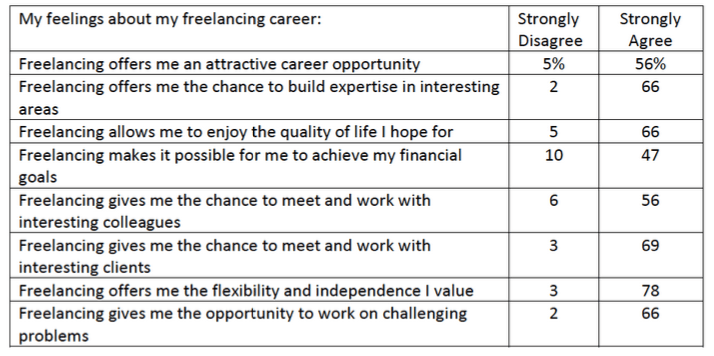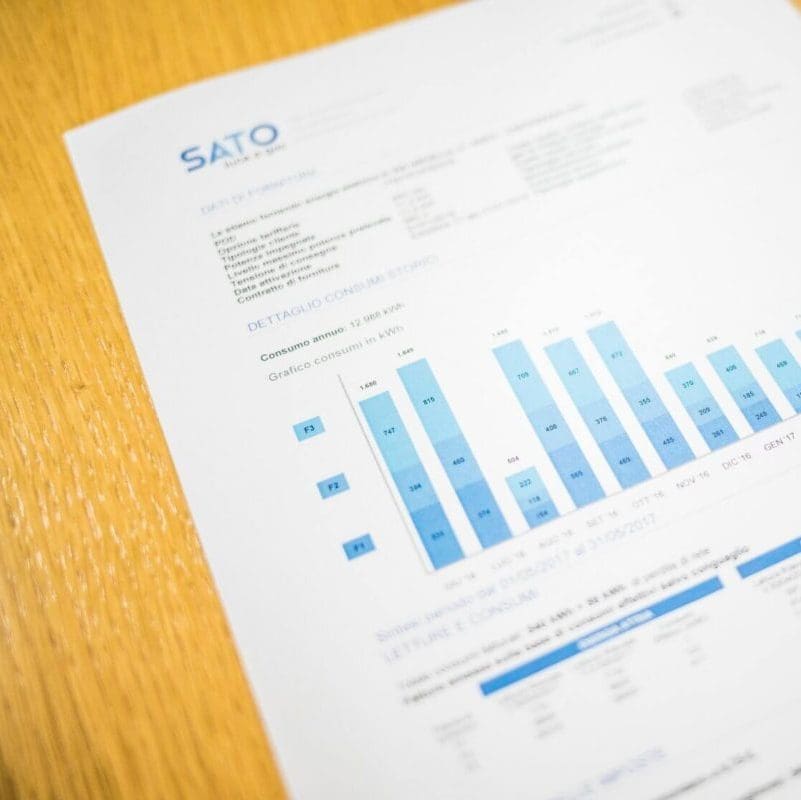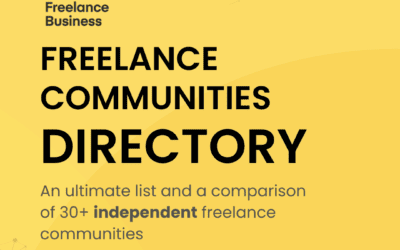Jon Younger, founder of the Agile Talent Collaborative, and Gerald Cupchik from the University of Toronto carried out the Global Study on Freelancing between April and June 2021. After crunching all the data, they revealed some fascinating trends and insights into the global freelancing landscape during the Freelance Business Month this year.
Study Source: a global freelancer survey
More than 75 freelance platforms, agencies, and communities (including the Freelance Business Community) signed up as research partners. Almost 1900 individual freelancers completed the survey, covering a wide spectrum of occupations. The study represents multiple generations of freelancers and a broad range of educational backgrounds. Geographically, responders were also very diverse. The most represented field was tech, with marketing and consulting following close behind.
Lesson 1: Most freelancing workforce is happy being freelance and finds sufficient work
Freelancers generally enjoy their work, with only 11% of them claiming otherwise. Most of the freelancers reported a stable amount of work, but around 38% said they struggled with finding enough assignments. 40% felt they were more financially successful than colleagues, while 34% reported sub-par results. While a large percentage reported strong client relationships, networking remains a challenge for a third of the freelancers who filled the survey. Still, 44% stated they were good networkers. We also learned that freelancers describe their reputation as stronger than that of peers (59%), that they focus on the long term (49%), and that most (61%) are committed to remain freelance. Tech professions and creatives reported higher overall satisfaction, while event freelancers were least satisfied.
Lesson 2: Freelancers are confident in their business competencies
“The best thing about being a freelancer is that you grow with a broader vision as a professional while enjoying freedom and autonomy in your life. Clients and projects on whom I can make a positive impact are those I enjoy most. The hardest thing about freelancing is not having colleagues from whom you can learn.”
Agile Coach, Latam
Freelancing requires a mix of abilities and skills and it is not a surprise independent workers see themselves as competent in many areas. Flexibility, adaptability, resilience, accountability, ethics, and creativity were some of the skills that freelancers rated themselves the highest. The areas where freelancers show the least confidence are mostly connected to relationships: few consider themselves good networkers or believe they are persuasive, sensitive, and risk-takers. A potential solution to this can be found in freelance platforms or communities: they can do plenty to help freelancers feel connected to others and become part of a community. If you would like to join the Freelance Business Community Slack channel, you can do so here.
Lesson 3: Freelancers understand and accept the downsides of the gig economy and project work
“Working for myself offers flexibility and a better work-life balance, and I enjoy the freedom. It is feast or famine when it comes to working, and networking is a challenge. I worry about late payments, finding retained clients, and keeping up to date with best practices, but overall I love it.”
PR Freelancer, UK
The survey shows that most freelancers report an acceptable workload, enjoy their work, are committed to freelancing, and believe they have most of the competencies needed for a successful freelance career. To dive deeper into the results, the Freelance Satisfaction Index was used. Here is the main data from the study:

Freelance Satisfaction Index
It reveals that freelancers understand the challenges of the independent work life, such as changing workload and dealing with financial administration but accept them, along with the positives of freelancing, such as flexibility and independence. Achieving financial goals was the most common worry for freelancers, but this and other concerns didn’t diminish the attraction of freelance work.
Lesson 4: Freelancers are optimistic problem solvers
The study also examined how freelancers dealt with difficult decisions and work planning. The results show that they are natural problem solvers – a high percentage said they are effective at dealing with problems and obstacles and that they often find multiple solutions to problems. What’s more, three-quarters of freelancers do their homework and seek as much information as possible when dealing with new situations. Freelancers are also hopeful about the future: 59% described themselves as optimistic. Not only do they make detailed plans about the future and consider the long-term effect of their decisions, but over 60% believe that they will achieve financial security and will be recognized as an expert in their field. Interestingly, freelancers from Asia and the Pacific were the most optimistic, while those from Europe were the least.
Lesson 5: Freelancers are welcomed and respected by clients
Plenty of freelancers (45%) agrees that their clients know how to work with independent professionals effectively, and 47% claim that the client’s project managers work well with freelancers, set fair deliverables, and provide access to necessary information. Another great result is that 69% stated they were treated fairly and with respect and that the client’s team was friendly and helpful. 52% stated they are paid fairly for their work, which is significant since in some industries you can see a “race to the bottom” for prices. While there are definitely some problematic areas, for a majority of the contacted freelancers, pay appears to be fair.
Lesson 6: Covid-19 was a mixed experience for the international freelancing industry
“Challenging client problems, project variety and complexity, and freedom to work “my way” are the main reasons I like freelancing. It continuously challenges me to come out of my comfort zone and rethink my future direction. Uncertainty of assignments, client acquisition, and language-related barriers are the most significant challenges for a freelancer. Covid impacted me heavily because the pipeline of projects suddenly dried out, but I enjoy being a freelancer and now aiming to grow my network and business.”
Independent Management Consultant, Western Europe
Lastly, the study looked at how Covid-19 has affected the freelance ecosystem. It found that for freelancers, the pandemic was a mix of positive and negative. 53% of them say Covid-19 has opened new opportunities in their area, which has led to an increase in projects. However, 45% complain that this increase has also created more competition, resulting in fewer opportunities seized. Event freelancers were least enthusiastic about the effect of Covid-19, compared with Tech and IT. The main shift brought by the pandemic though has been the move towards remote work, which has warmed up many companies to the idea of working with freelancers. The study shared many other great findings, which we didn’t have the room to add here, so please feel free to download the full version of the global freelancing survey report. We would like to again thank Jon Younger and Gerald Cupchik from the University of Toronto for all their hard work bringing this survey to life. If you have any more questions, you can connect with Jon Younger on LinkedIn.




